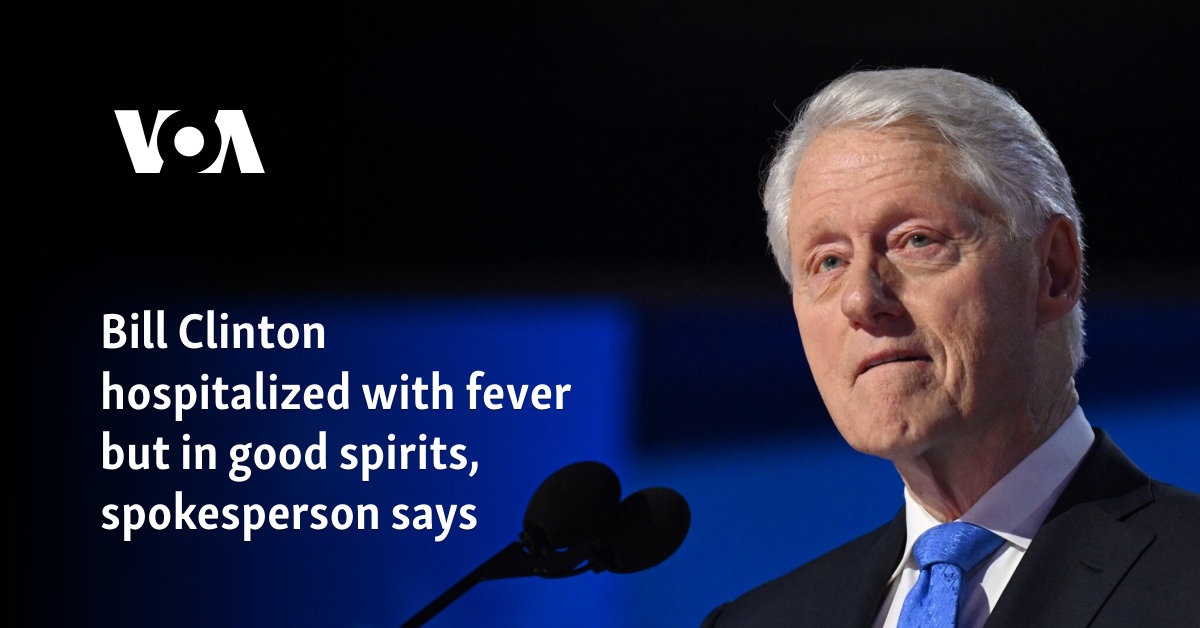Depending on who you talk to, EU leaders have either taken a cautious step towards using They seized – or diverted – Russian assets to finance Ukraine and embroiled their summit in even more legal and financial questions than they had when they attended it.
There was no support for the huge €140 billion ($163 billion) loan for Ukraine that some states were pushing for. Instead, the leaders issued a very vague commitment to “address Ukraine’s immediate financial needs” for the next two years, and vowed to revisit the issue of Russian assets in December.
“We agreed on the ‘what’ – that is repayment debt, and we have to work on the ‘how’ – how we make it possible,” European Commission chief Ursula von der Leyen told reporters in Brussels after the talks.
Standing at his side, council chief Antonio Costa insisted that no one had vetoed anything, while Germany’s Friedrich Merz called the result “a step forward”.
‘risky business’
But two floors down, Belgian Prime Minister Bart de Wever told reporters another side of the story. His country is home to Euroclear, the financial institution that holds the bulk of the Russian central bank’s assets of about €200 billion, which was frozen by the EU after Moscow launched a full-scale invasion of Ukraine.
De Wever warned that the legal “uncharted territory” of using cash for Ukraine now would trigger costly Russian retaliation and scare off future investors.
“This is a risky business. Apart from retaliation and retaliatory action, we will get stuck in litigation,” he said. He said his concerns have not yet been answered.
Last year, the EU started using profits generated from frozen cash as collateral for loans to Ukraine – but the idea now under discussion would go further by targeting the assets themselves, without seizing them directly.
Russian news agency TASS quoted a Foreign Ministry spokesman in Moscow as promising a “very painful, very harsh” response if Brussels followed through on its plan.
De Wever suggested that other states outside the EU where Russian funds are also frozen should be prepared to take similar risks, pointing to Canada, Britain, Switzerland, Japan and the US. “The fattest chicken is in Belgium but there are other chickens around too,” he quipped.
“It would be almost poetic that Ukraine supported Russian money. It’s a ‘Robin Hood’ story. For public opinion, it’s a bestseller,” De Wever said, “but on the other hand, the back of the envelope is real.”
December: yes or no?
Thursday’s non-decision will now mark the beginning of months of legal research and tug-of-war as the EU executive tries to hammer out a solution that can satisfy Belgium’s demands for “concrete” guarantees.
On paper, there are other ways in which the EU could provide Ukraine with the funds it says it urgently needs to survive – such as taking out a new joint loan. But it is also unlikely to get sufficient support from the bloc’s members in the coming weeks.
Poland’s Donald Tusk, who has long pressured the EU to send Russian cash to Ukraine, insisted December should be the “deadline” for a “yes or no” decision. “We are trying to convince our Belgian friends that we are ready to create a mechanism of shared, pan-European responsibility,” he said.
Green light for gas approval
But while the leaders failed to seal a deal on future loans, they managed to greenlight another round of sanctions on Russia.
On Thursday morning, EU states agreed to ban imports of Russian liquefied natural gas (LNG) from 2027, bringing forward the deadline agreed by energy ministers earlier this week.
The new sanctions target Russian crypto currency transfers and added to the blacklist as Moscow uses more tankers from the so-called “shadow fleet” to avoid existing oil sanctions.
For the first time, the EU also sanctioned two Chinese refineries that process and sell Russian oil. According to Xinhua news agency, Beijing promised to swiftly “take necessary measures to protect the legitimate rights and interests of Chinese enterprises.”
Trump’s sanctions on Russia
The new EU sanctions announcements come as the US imposes its own sanctions on two Russian fossil fuel giants.
Russia said Washington’s move would have little impact on its economy, but French President Emmanuel Macron called it “a true turning point.”
“Until now, the US has refused,” he told reporters in Brussels late Thursday.
Given that just days ago, leaders feared that US President Trump might soon be cozying up to Russia’s Vladimir Putin in Hungary – the EU’s most Russia-friendly state – Kiev’s European allies may be feeling some relief as they head back to their capitals.
“It’s Trump’s rollercoaster. Things go up, things go down, there’s a lot of turmoil,” Steven Everts, a former EU official and analyst at the Institute for European Security Studies, told DW ahead of the summit.
“The most important thing Europeans need to do now is really step on the accelerator when it comes to diplomacy. We have to stay in the game,” he said. “Let’s not wait until the next announcements from here or there. Pick up the phone, fly to DC yourself. And secondly, increase support for Ukraine.”
Terry Schultz, Michal Gostkiewicz, Nathan Caness and Mary Joslin contributed reporting from Brussels,






Leave a Reply